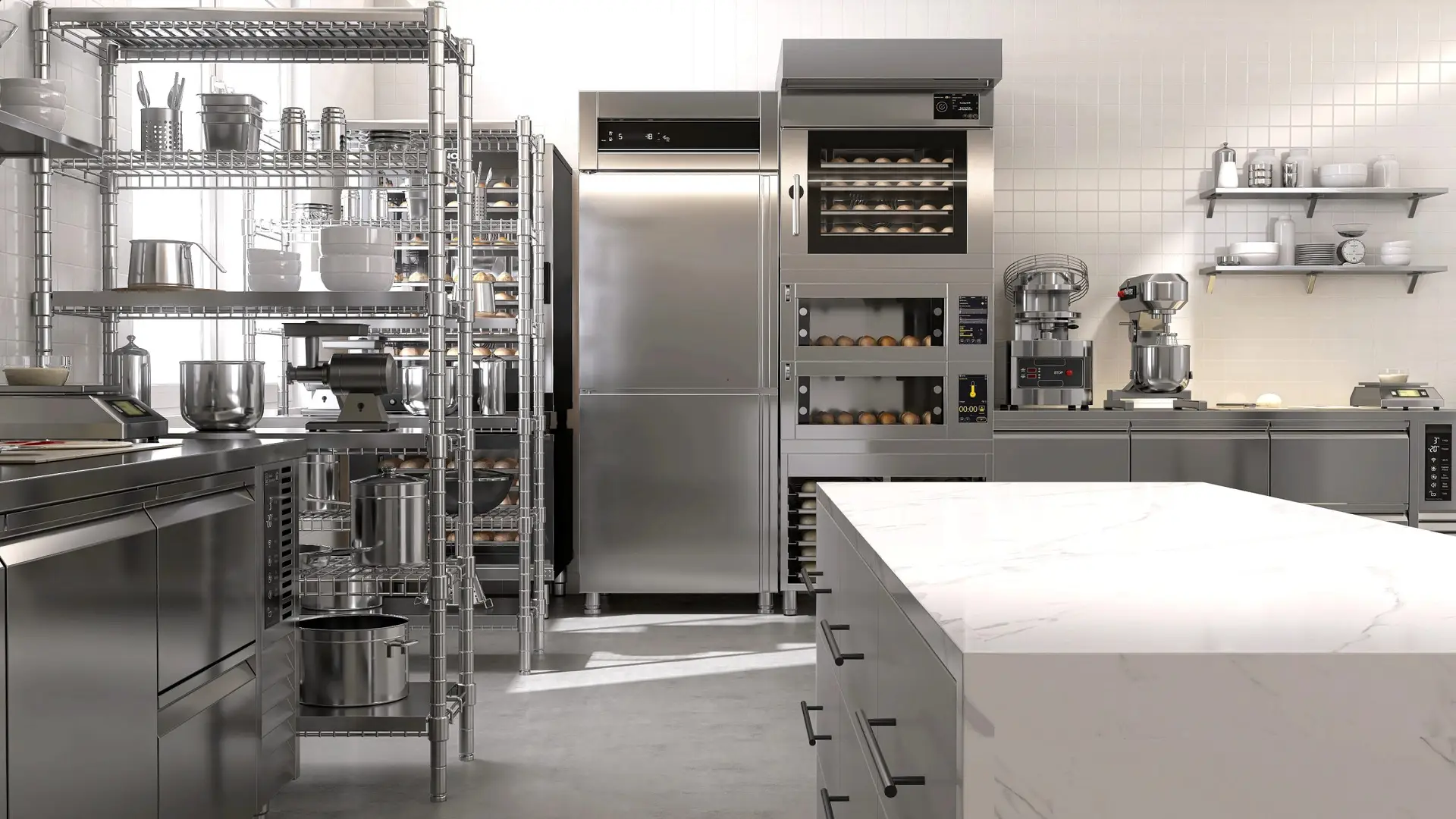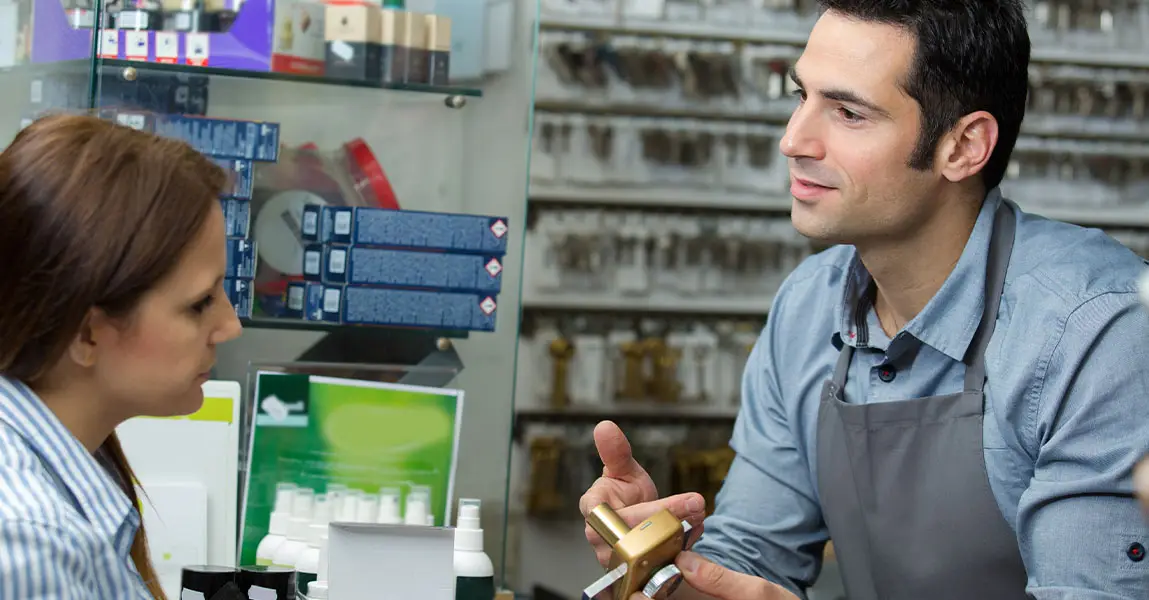Relationships are rarely simple. They can be incredibly fulfilling, but they can also feel overwhelming when communication breaks down, needs go unmet, or emotional distance grows. Most couples go through challenging times, and that’s normal. However, when those challenges start to feel unmanageable, counselling offers a structured, safe place to reconnect.
Many people hesitate to take this step because they worry it means their relationship is failing. On the contrary, seeking support often shows strength, not weakness. It reflects a willingness to work through tough moments together.
Why Couples Seek Counselling
Every relationship has its own rhythm. Still, there are some common reasons couples decide to seek help. Conflict is one of them. That is to say, arguments that never get resolved can leave both people feeling stuck, hurt, or unheard.
For example, one partner may feel dismissed during disagreements, while the other feels constantly criticized. Over time, this pattern erodes trust and leads to emotional distance. In other words, the issue isn’t always about what you’re arguing about but how you’re arguing.
Another major factor is communication. Misunderstandings can build over weeks, months, or even years. Eventually, you might find yourselves talking less or not really talking at all. When honest conversations become rare, couples often lose the closeness that once brought them together.
Life transitions can also impact a relationship. For instance, the arrival of a new baby, moving to a new city, or the loss of a job can shift priorities and increase stress. These changes don’t always cause problems right away, but gradually, they can unsettle the balance between partners.
The Role of Counselling in Restoring Connection
Counselling offers a neutral space to explore what’s working and what’s not. Most importantly, it helps you slow things down and examine how you interact with each other. A counsellor doesn’t take sides. Rather, they guide you toward understanding both perspectives and identifying patterns that keep you from moving forward.
During sessions, you may notice things you’ve never talked about before. Likewise, your partner might share thoughts or feelings that hadn’t come up in past conversations. This openness can be surprising, even emotional. However, it’s often the first step toward rebuilding connection.
One overlooked aspect of counselling is that it doesn’t only focus on fixing problems. It also highlights strengths. In addition, it helps couples recognize what drew them together and what they still value in one another. For couples who feel distant, this reminder can be deeply motivating.
What to Expect in Your First Sessions
If you’re considering couples counselling for the first time, it’s normal to feel uncertain. The first few sessions typically involve getting to know you both and understanding your goals. You’ll talk about how long you’ve been together, your history, and what concerns brought you to counselling.
Your counsellor may ask each of you to reflect on how you see the relationship right now. These early discussions are important. They help build trust and give the counsellor a clearer sense of your unique dynamic.
It’s also helpful to know that not every session will be easy. Sometimes, emotions run high. However, the goal isn’t to avoid difficult feelings. Instead, it’s to work through them in a respectful and supportive environment.
Over time, you’ll begin learning tools to manage conflict, express needs more clearly, and support each other more effectively. As a result, many couples report feeling more hopeful and connected even after just a few sessions.
When One Partner Is Hesitant
It’s not uncommon for one person in the relationship to feel more open to counselling than the other. One may view it as a chance to reconnect, while the other might be skeptical, nervous, or resistant.
That doesn’t mean counselling won’t work. In fact, starting the conversation gently can make a big difference. For example, instead of saying, “We need counselling,” you might say, “I’d like us to talk to someone together because I care about our relationship.”
Timing matters, too. Bringing it up during an argument may backfire. Instead, try having the conversation during a calm moment when both of you are more likely to listen.
If you’re unsure how to approach this, psychologists in St. Albert can provide guidance. Sometimes, even an initial consultation alone can help clarify how to move forward and encourage the other person to give it a try.
Counselling Is Not Just for Crisis Moments
Many people believe counselling is only necessary when a relationship is falling apart. However, this assumption can keep couples from seeking support when it could be most beneficial.
The truth is, many couples use counselling as a form of maintenance. That is to say, they choose to work on their relationship before issues become unmanageable. Similarly, couples preparing for big changes such as marriage, parenting, or retirement often find it helpful to build stronger communication and shared goals.
It’s also useful during quieter periods. When things seem fine on the surface, counselling can help uncover areas of growth that haven’t yet been explored. You don’t need a crisis to justify seeking help. Rather, being proactive often prevents future challenges from growing into bigger problems.
Common Misunderstandings About Couples Counselling
One common concern is that a counsellor might “side” with one partner over the other. In reality, that isn’t how it works. Counsellors are trained to remain neutral and support both people equally. The focus is always on the relationship, not just the individual perspectives.
Another misunderstanding is that couples will have to share deeply personal or painful experiences right away. While emotional honesty is important, there’s no pressure to reveal everything at once. Sessions move at a pace that both partners are comfortable with.
Some also believe that counselling always leads to separation. On the contrary, many couples leave with stronger skills, deeper understanding, and greater emotional closeness. It’s about finding what works best for your specific relationship, not following a one-size-fits-all model.
Making the First Step Easier
Starting counselling can feel intimidating. Therefore, it’s important to remember that you’re not alone in these feelings. Many couples are nervous about that first step but find relief once they’ve taken it.
If you’re unsure how to begin, one option is to get in touch with a counselling service and ask what the process involves. A simple conversation can provide reassurance and help you feel more prepared.
It also helps to set realistic expectations. Counselling isn’t a quick fix, and progress can take time. However, the effort you put into it often pays off in more meaningful communication, stronger connection, and greater clarity about your relationship goals.
An Extra Insight: Focus on the Pattern, Not the Content
Here’s a practical tip that many couples find helpful. When discussing a recurring argument, try to focus on the pattern rather than the content. For instance, if you and your partner often argue about chores, the issue might not be about dishes or laundry.
Instead, it could be about fairness, respect, or feeling appreciated. When you shift your attention to the underlying emotional needs, it becomes easier to break the cycle. Counselling helps with this by identifying these deeper issues and guiding you to respond to each other with more empathy and understanding.
Over time, this mindset shift can reduce the emotional weight of daily disagreements and help both of you feel more heard.
FAQ
How long does couples counselling usually last?
It depends on your goals and the nature of your concerns. Some couples benefit from just a few sessions, while others continue for several months. The pace and length are flexible.
Can we attend sessions virtually?
Yes, many counselling services offer virtual sessions. This can make it easier to attend consistently, especially if you have a busy schedule or live in different locations.
Do we have to attend every session together?
Not always. Some couples start together and then attend individual sessions to explore personal concerns. Your counsellor will recommend what approach works best for your needs.
What if my partner doesn’t want to come?
You can still start on your own. Individual sessions can help you build communication skills and offer strategies to encourage your partner to participate later.
Is it okay to seek counselling even if our issues don’t seem “serious”?
Absolutely. Counselling is not only for crisis situations. Many couples use it to strengthen their bond, improve communication, or prepare for life transitions. The earlier you start, the more you may benefit.









